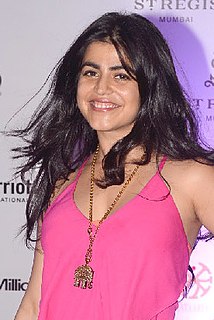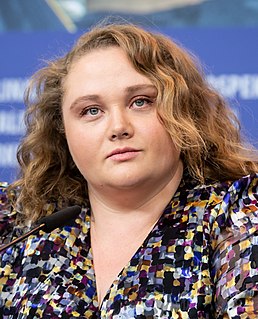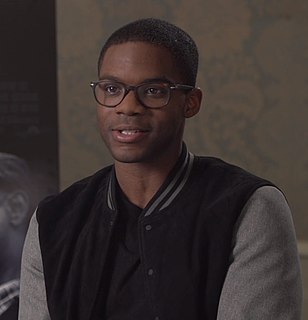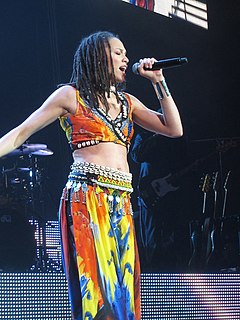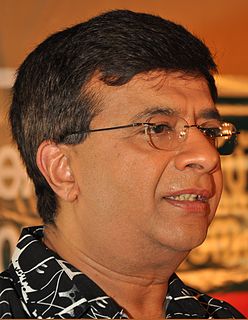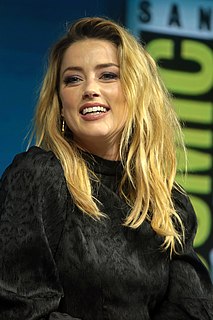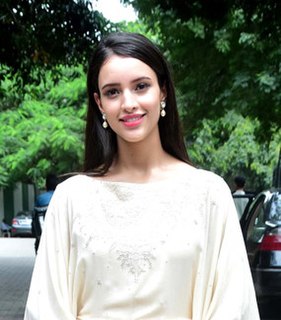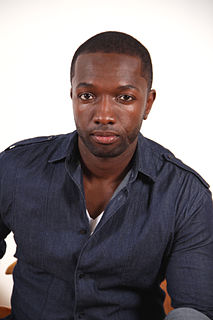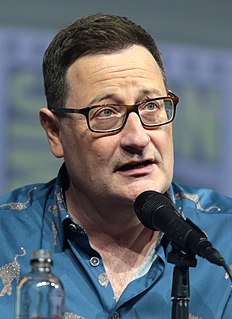A Quote by Diego Luna
Audiences want to feel represented, want to be able to empathize with the characters and the stories they are seeing on the screen.
Related Quotes
Seeing yourself reflected on screen is a very important part of being human. It makes us feel less alone, it make us feel more connected to humanity. Women, gay men, and trans people for a long time have not seen themselves represented, so being able to show the complexities that we all have - just as complex stories as a heterosexual white male - is crucial for us to feel more human and have other people see us as human beings.
It [moviemaking] is about entertaining audiences with great characters and great stories, you want to make people laugh, you want to make people cry, you want to have great music that is memorable. You want a movie that, as soon as it's over, you want to watch it again, just like that. That's what it is, whether it's live-action, animation, hand drawn, computer, special effects, puppet animation, it doesn't matter. That's the goal of a filmmaker.
No matter what as an artist that's always what you want to do, you want to connect to the audience, you want to be able to send whatever message it is that you're singing about, you want to be able to convey that - and not make them feel - you want them to feel it, you want them to feel what you feel.
Even happy situations can easily start to feel miserable. So, I think that people who consider themselves sophisticated or who are in fact sophisticated have come to distrust stories that are uplifting or simply stories in which the characters get what they want in the end. Because in life, what you want is never the end.
What you realize is it's not about financial success as an artist. A lot of actors and actresses, producers, writers, and the creative people in the business realize that. It's not about that. Yeah, we all want to be successful, but we all just want to create and we want to tell the stories. We want to continue creating the opportunities to be able to continue doing what we love. So, at the end of the day, I feel like it's a win-win for everybody to be able to make these independent films.
I want to use film to tell stories that need to be told to spark discussions that will lead to change. I really want to see a change in the mindset of youth, how they see themselves and how they value life. Young audiences will be able to see themselves in this film and older audiences will gain an understanding of what their kids are dealing with on a daily basis. Kids discuss what they see on TV, social media, film so I want to create content that they will discuss and will change the way they think.
Sure, kids want to read whatever is the hot book, and of course they want to read fantasy and any kind of speculative fiction, but they also like to read stories with kids that look just like them, that have the same problems as them. And I've noticed that what they particularly want to see is to see those characters prevail. So they don't want sanitized situations. They want stories to be raw, they want them to be gritty, but they also do want to see the hope at the end of the story.

